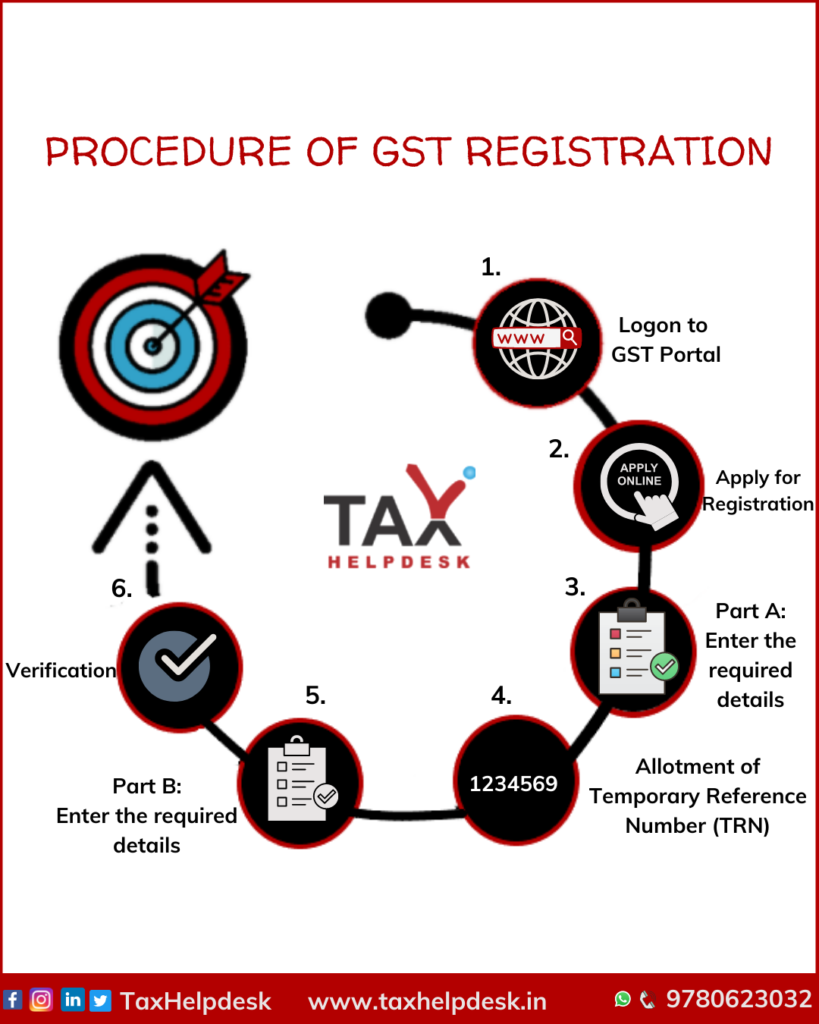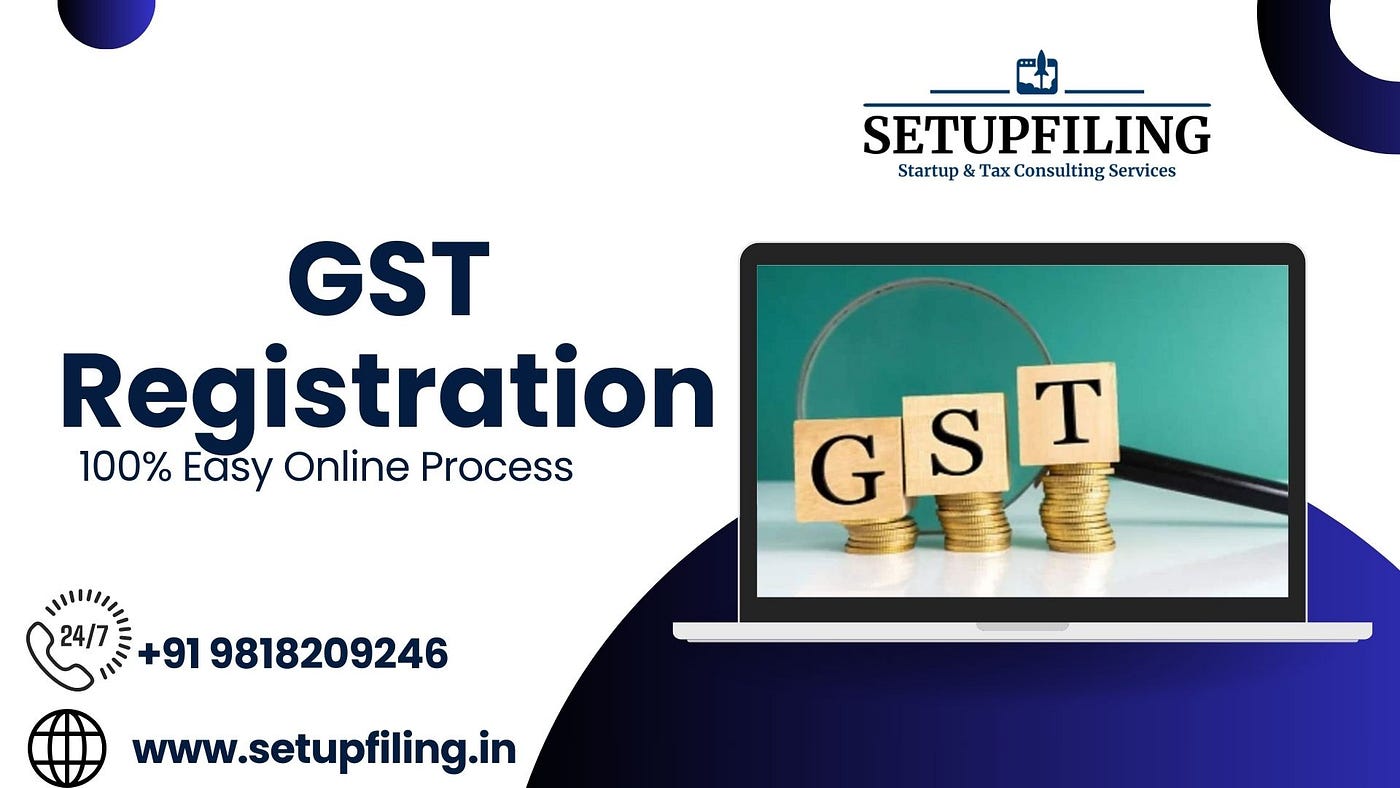Why Singapore GST Registration is Crucial for Your Startup
Why Singapore GST Registration is Crucial for Your Startup
Blog Article
The Ultimate Guide to Simplifying the GST Registration Refine and Needs for Small Service Owners

Recognizing GST Basics
To comprehend the fundamentals of the Item and Solutions Tax (GST) system, tiny company proprietors need to first recognize its underlying ramifications and principles. Under the GST program, businesses are called for to collect and sign up tax on part of the government, ensuring openness and compliance.
Among the key concepts of GST is input tax obligation credit, which allows organizations to claim credit for taxes paid on their acquisitions. This mechanism protects against the cascading effect of tax obligations and advertises effectiveness in the tax system. Additionally, GST is a destination-based tax, meaning that the tax obligation is levied at the factor of usage instead than the point of origin. This ensures reasonable circulation of tax profits amongst states based upon where the services or products are taken in. Recognizing these basic principles is critical for local business owners to navigate the complexities of the GST system and make sure conformity with the law.
Qualification Criteria for Registration
Having established a foundational understanding of GST concepts, local business owners must now meet specific qualification standards to continue with the enrollment procedure. In India, entities took part in the supply of products or services with an annual accumulation turn over exceeding Rs. 40 lakhs (Rs. 10 lakhs for special category states) are called for to sign up for GST. In addition, specific companies such as those associated with inter-state supply of products, informal taxed persons, and those required to pay tax obligation under the reverse cost system have to register for GST irrespective of their turn over. Services that were registered under the previous tax obligation routine (BARREL, solution tax, and so on) are likewise mandated to register under GST. Farming businesses that only provide produce out of key production are excluded from GST registration. It is important for company owner to meticulously evaluate their qualification based on these standards to guarantee conformity with the legislation and avoid any type of penalties for non-compliance.
Documents Required for GST Enrollment

Simplified Registration Refine Steps
Following the collection and confirmation of the requisite papers, the registration procedure for GST can be browsed via a collection of simplified actions created to help with reliable conformity for small company proprietors. The primary step includes visiting the GST site and selecting the 'New Enrollment' choice. Ultimately, the applicant must complete Part A of the GST REG-01 type with details such as PAN, mobile number, and e-mail address to acquire an OTP for confirmation. When the OTP is obtained and gone into, a Temporary Referral Number (TRN) is generated for additional proceedings. The next action requires filling up out Component B of the form with essential business information, uploading supporting records, and finishing the confirmation procedure using DSC or EVC. Upon effective confirmation, an Application Reference Number (ARN) is provided, suggesting the conclusion of the GST registration process. By following these streamlined actions, local business proprietors can properly register for GST and ensure conformity with tax obligation policies.
Tips for Ensuring Compliance
To preserve regulative adherence and functional stability, attentive oversight and aggressive measures are pivotal in ensuring conformity with GST requirements for tiny company owners. Small business proprietors must remain upgraded with GST laws, submitting target informative post dates, and any kind of modifications in tax rates to avoid penalties and maintain an excellent standing with tax obligation authorities. Participating in GST understanding workshops or training programs can improve understanding and conformity with GST laws, see this site inevitably profiting the service in the long run.
Conclusion
To conclude, tiny service owners have to recognize the fundamentals of GST, fulfill the eligibility criteria, collect needed papers, and follow the streamlined registration process actions to make sure compliance. By streamlining the GST registration process and needs, little business proprietors can prevent penalties and run their services smoothly within the lawful framework - Singapore GST Registration. It is essential for local business owners to stay compliant and educated with GST policies to keep a successful organization operation
Small business proprietors seeking GST enrollment must guarantee they gather and submit the necessary papers to finish the enrollment process effectively. The files needed for GST registration generally consist of proof of organization registration or incorporation, PAN (Irreversible Account Number) card Visit This Link of the company address, entity and identity proof of the promoters/partners/directors, pictures, address proof of the location of organization, bank account statements or terminated cheques, and consent forms. Going to GST understanding workshops or training programs can boost understanding and compliance with GST policies, inevitably profiting the business in the long run.
By streamlining the GST enrollment procedure and requirements, little company proprietors can avoid charges and run their businesses smoothly within the legal framework. It is vital for little organization owners to stay compliant and educated with GST guidelines to keep an effective service operation.
Report this page